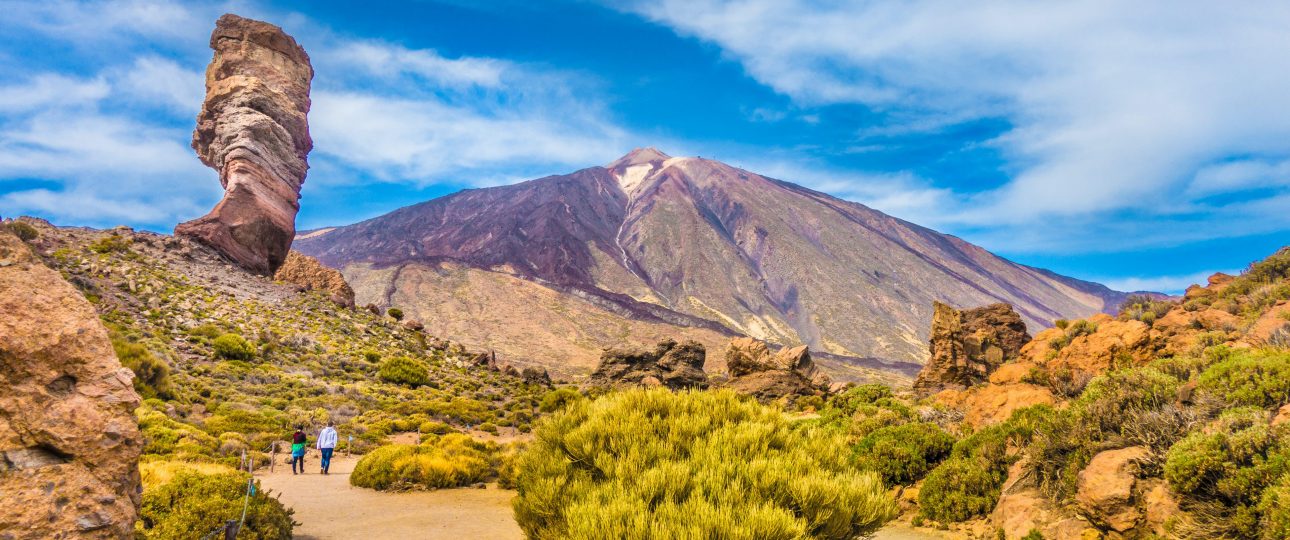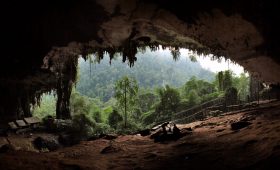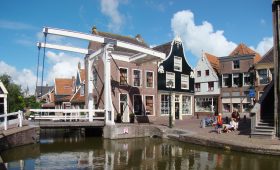Exploring Mount Teide and Teide National Park
Mount Teide and Teide National Park in Tenerife, Spain, offer a unique blend of natural beauty and historical significance. As the highest peak in Spain, Mount Teide stands at 3,718 meters above sea level, making it the tallest volcano in the Atlantic Ocean. This volcanic giant is not only a natural icon of the Canary Islands but also a significant geological feature, being the third highest volcano in the world when measured from the ocean floor.
The Landscape and Natural Wonders
Volcanic Majesty
The landscape of Teide National Park is dominated by the volcanic massif of Mount Teide and Pico Viejo, rising above a vast crater with a diameter of over 16 kilometers. The park’s rugged terrain is characterized by jagged edges known as the cañadas, situated at altitudes between 2,000 and 2,500 meters. The park’s elevation and volcanic soil create a unique environment that supports diverse flora and fauna.
Flora and Fauna
Despite its harsh conditions, Teide National Park is home to a remarkable variety of plant species. The Teide bugloss, with its vibrant red, pyramidal flowers reaching up to 3 meters in height, is a standout. The park also hosts the Teide violet, the highest flowering plant in Spain, found near the summit. Birdwatchers can spot the Canary Islands Chiffchaff and the Blue Chaffinch, among other species. The park’s ecosystem includes 168 vascular plant species, 33 of which are endemic to Tenerife.
Activities in Teide National Park
Hiking Adventures
Teide National Park offers a range of hiking trails suitable for various skill levels. The “Telesforo Bravo” trail is a challenging route that takes you to the summit of Mount Teide, offering breathtaking panoramic views. Before embarking on this hike, ensure you have the necessary permits and check weather conditions, as the summit can be snow-covered in winter.
Stargazing and Astrophotography
The park’s high altitude and minimal light pollution make it an ideal location for stargazing. Astrophotographers will find the clear skies perfect for capturing the Milky Way against the backdrop of Mount Teide. Remember to bring a camera and tripod for an unforgettable night under the stars.
When to Visit
The best time to visit Teide National Park is from May to September, when the weather is mild and rainfall is minimal. However, these months can be crowded. For a quieter experience, consider visiting in April or October. Botanists may prefer late spring and early summer, when the park’s flora is in full bloom.
Getting There
By Air
Tenerife South Airport (TFS) is the closest airport to Teide National Park, with regular flights from major European cities. From the airport, you can rent a car or take a taxi to the park, which is about an hour’s drive away.
By Ferry
If you’re traveling from another Canary Island, ferries to Tenerife are available from islands like Gran Canaria and Lanzarote. Once in Tenerife, follow the same transportation options to reach the park.
Transportation Options
Renting a Car
Renting a car is the most convenient way to explore Teide National Park and its surroundings. Several car rental companies operate in Tenerife, offering a variety of vehicles. A car allows you to explore at your own pace and discover less-visited areas.
Public Transportation
Public buses connect major towns on the island to Teide National Park, though schedules may be limited. Plan accordingly if you choose this option.
Teide National Park, with its dramatic landscapes and rich biodiversity, offers a unique travel experience. Whether you’re hiking to the summit, photographing the night sky, or exploring the park’s flora and fauna, this destination promises an unforgettable adventure.




